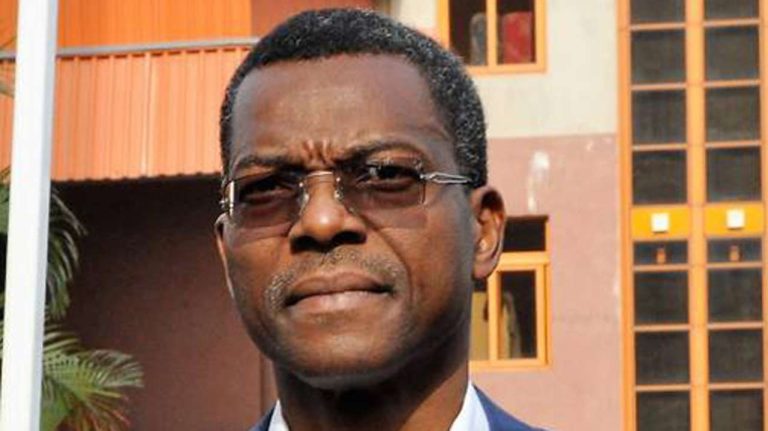From Romanus Ugwu, Abuja
The Deputy National Organising Secretary of the All Progressives Congress (APC), Nze Chidi Duru, has appealed to the Governor of the Central Bank of Nigeria (CBN), Olayemi Cardoso, to reconsider the misaligned twin policies of capitalisation and rate increase.
Nze, a former member of the House of Representatives (1999-2007), in a statement issued in Abuja, hinged his appeal on the poor timing of the policy, stressing that this is not the best time for the Nigerian banking industry.
“This is despite its increasing contribution to the National Gross Domestic Product annually. In 2023, the financial sector contributed a value of N3.8 trillion to the nation’s GDP, a 26.5 per cent increase year-on-year from the N3.01 trillion reported in 2022.
“The banking sector is credited for more than 91 per cent of the quantum of the 2023 financial sector GDP, which translates to the critical place of the banking sub-sector in the overall national financial sector and, by extension, the national economy.
“These figures are indicative of a sector that is operationally functional but, perhaps, could have been more robust and economically impactful if the right and appropriate policies were deployed and implemented,” Nze noted in the statement.
Reacting further to the development, the founder/chairman of Grand Towers Limited, wrote: “As it were, the situation report on the standing of the banking industry is a reflection of bedlam, a confusion of a magnitude that has continued to rock and threaten the sustenance of the industry.
“Indeed, it was as a result of a personal concern over the evolving erosion of the substances of the industry that I published an article on 24 January 2024 calling on President Bola Ahmed Tinubu to intervene to make Nigerian banks work for Nigerians.
“My expressed reservation in that article was pivoted on the worrisome low stock market value of individual banks and the banking industry as a collective, in addition to the under-the-line engagements bank operators have resorted to in order to survive.
“As depicted above, the Nigerian banking industry has potential for impactful commercial activities on the generality of the people of the country and businesses that are strategic to the economic growth and development of the country if conscientiously regulated.
“The reality, however, is that the operations of money deposit banks are getting more challenging, with frightening implications for the survival of the banks and credit users in the public space. Undoubtedly, the Nigerian banking industry is the most regulated anywhere in the world, but more worrisome is the strangulation effect that is becoming apparent in that sector of the national economy,” the statement read.
“Indeed, a state of quagmire is what describes the industry at this time. This is consequent on the multitude of policies – sometimes conflicting and confounding – that are being deployed in the sector.
“These policies are headlined by the order of the Central Bank of Nigeria to money deposit banks to recapitalise to up to N500 billion for the international banking licence and, at the same time, increase, exponentially, the benchmark interest rate, which now stands effectively at above 32 per cent for banks,” he explained further in the statement.
